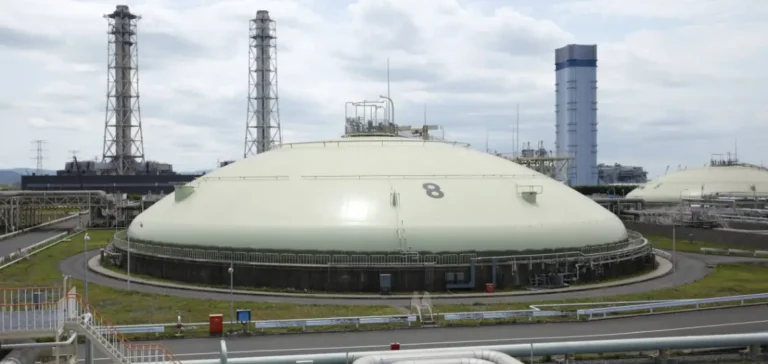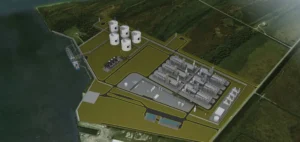Japanese company JERA, the country’s leading electricity producer, plans to significantly increase the share of US liquefied natural gas (LNG) in its long-term supply portfolio. Currently limited to 10%, this proportion is expected to reach approximately 30% by 2035, thanks to recent contracts signed with four LNG export developers on the US Gulf Coast.
Strategic expansion in the United States
These new contracts total up to 5.5 million tons per year of US LNG, strengthening existing business relationships with companies such as NextDecade, Commonwealth LNG, Sempra Infrastructure, and Cheniere Marketing. Deliveries are expected to begin gradually between 2029 and 2031, according to the specific terms of the agreements.
Volumes are linked to Henry Hub natural gas prices and will be delivered on a Free-on-Board (FOB) basis. Currently, JERA already manages approximately 3.5 million tons annually sourced from Freeport LNG facilities in Texas and the Sempra-Cameron LNG in Louisiana, representing about 10% of its total annual volume, estimated at between 30 and 35 million tons.
Diversification and international positioning
At present, JERA does not plan to further increase its commitments with US exporters in the Gulf of Mexico, considering it has secured the essential minimum required in the region. However, the company remains attentive to potential opportunities offered by other regions, particularly in the Asia-Pacific and the Middle East, to diversify its global supply portfolio.
This strategy comes at a time when the Japanese government is conducting tariff negotiations with the United States, although JERA asserts that its decisions were made independently of any governmental pressure, solely to guarantee stable and sufficient long-term supplies for Japan.
Potential of Alaska and position regarding Qatar
Additionally, JERA is evaluating the potential of the Alaska LNG project due to its geographical advantages and substantial gas reserves. However, the company is still awaiting detailed information before making a final decision regarding possible participation in this specific project.
Regarding Qatar, a major historical partner, JERA clarifies that new US acquisitions will not replace the 5.5 million tons per year previously supplied under the Qatargas 1 contract, which expired in 2021. The company maintains a clear distinction between these two sources of supply, considering Qatar as an essential strategic supplier for Japan’s energy security, notably in critical situations, as demonstrated following the 2011 earthquake.
The Japanese firm thus remains attentive to developments in the global market, where the United States and Qatar are expected to remain the primary actors in international LNG trade in the coming years.






















